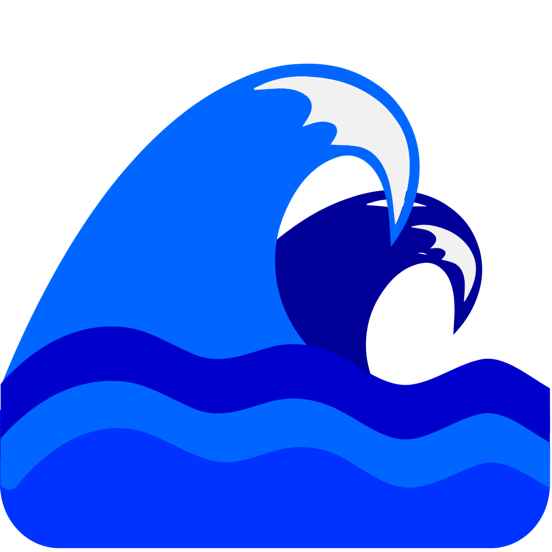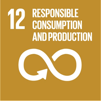SEALAB 1.0
A joint pilot of Licence FDV students, alumni and teachers


is an idea born from learning-through-research courses at Licence FDV
It aims to imagine, design, create and test low-cost research methods and tools for marine biology research.
These methods and tools could be used for educational or scientific purposes, as well as for raising awareness and increasing civic engagement in sustainable use and research on marine ecosystems.


Brainstorming about possible projects, design of research methods and tools that would allow to study the marine ecosystem, using low-cost solutions and rapid prototyping.
Testing, adapting and evaluating the designed protocols and tools during an intensive week, in a real environment.
Documenting the methods, including things that did not work, to ensure others would be able to continue the process.

SeaLab aims to develop methods and tools aligned with the sustainable development, but also raise awareness on the impact that light, temperature, noise and chemical pollution, as well as human activities have on the marine ecosystem.

Learning-through-research active learning pedagogy will be used in SeaLab. To emerge the creative ideas, to design and create tools and methods, and to implement and evaluate the tools and methods. All of these activities exercise research skills, but also transversal skills essential for personal development and lifelong learning.

the interdisciplinary approach is necessary in SeaLab to study the marine ecosystems, which are heavily impacted by climate change. Low-cost research methods might be available for citizens to get more involved in monitoring the change in their environment and increase awareness regarding the climate parameters impacting the ecosystem.

The main subject of the SeaLab is to try to understand life in the sea.
Send us a mail !